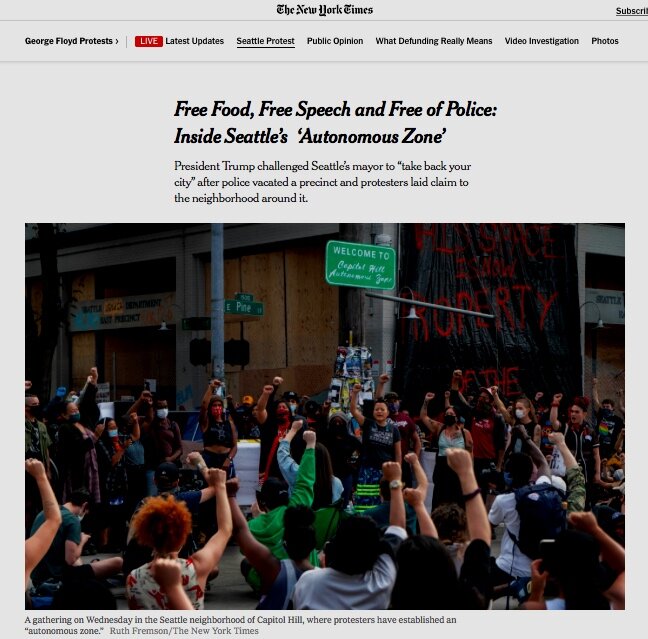Today, I'm thinking about the parallels between the World War I construction of the "slacker" (a man who wouldn't enlist to go fight in the war) and today's much-maligned lazy/unsuccessful male (typified by the 1999 TLC song "No Scrubs"). In my current dissertation project, I'm exploring the social construction of sexual desirability criteria, and the way that sexual desirability has been attached to conformity, productivity and risk/bravery/wealth accumulation—in other words, the way that sex has been used to influence behavior, and to pull weight in society. This, to follow Foucault, is not the same thing as sexual repression, but rather, the exploitation of the conditions of sexual opportunity, through the attribution of sexual desirability to certain qualities, behaviors and roles, and the promise of sexual fulfillment if one fulfills their social duties. Militaries, commercial institutions and political blocs have used sex as a tool for achieving their various goals, and the capitalist consumer economy of the post-WWI world has relied heavily on the social conditioning of sexual desirability to sell products and to motivate work and other productive behaviors.
The converse of desirability has tended to be stigma—particularly the stigmatization of those who do not play a normatively productive role, which is precisely the logic behind the concepts of the slacker and the scrub. In both cases, female sexual reciprocation is meant to be the reward for being productive/successful, and a clear message is broadcast that the man who shirks his responsibilities can't "get no lovin'."Anyway, these stigmatized social constructions offer a deeper perspective on the idea of "assertive modesty," whereby women are empowered specifically to say no--but not empowered in other, more meaningful ways. Before they were even granted the right to vote, women (and, perhaps more importantly, images of women) were conscripted to enforce social norms. What's interesting about this strategy is that it does not rely on women being pure, in the traditional sense of being covered up and shuttered away where they will not provoke temptation. Instead, it encourages women to come out into the public; to provoke desire; to entice and allure, but only in order to motivate conformity, hard work, and, in wartime, the risk of life and limb in order to gain access to women's sexuality and care. Historians have looked upon the period beginning in the 1920s as one of sexual liberation, but I see this recent stretch of history as being one of sexual economy, where sex was more available, it is true, but only to those who performed society's demanded gender roles.
As I’ve written about elsewhere, the 20th century witnessed the mass proliferation of what might be called “parasexuality“—a type of sexuality that “in which a person (or persons) commands the sexual desire of many without reciprocating that desire.“ This is the sexuality of the celebrity, the stage performer, and the fashion model. This type of sexuality, which stimulates (or, you might say, mass-produces) desire, without the fulfillment of the desired-for experience, has proven extremely valuable for both military and commercial purposes. Whereas the military uses sex to boost enlistment, and then motivates their sexually-frustrated troops to fight harder on behalf of the “woman you left behind,“ as I claim elsewhere, “[m]arketing rouses desire and entices engagement, while simultaneously associating that desire with products and services.“
My analysis of this phenomenon links two seemingly disparate struggles within one problematic. On the one hand, many post-liberal feminist thinkers have pointed out the shallow ways in which women’s empowerment under patriarchal capitalism has been, at best an empty gesture, and at worst women’s self-exploitation. At the same time, men’s rights advocates have insisted that the “manipulated man“ has been sent to do the dangerous, dirty work of society on the promise that he would be rewarded for his efforts. The primary thing I’m aiming to show with my research is that these claims are both quite true, but with the caveat that it is not men or women as some unified class exploiting the other sex; rather, there have been commercial and governmental institutions that have been quite invested in producing and exploiting gendered cultures of desirability in order to increase efficacy, power and wealth for the capitalist class. While individual men and women may benefit locally from their participation in, compliance, and perpetuation of this system, their interests as a whole are severely undermined.


















